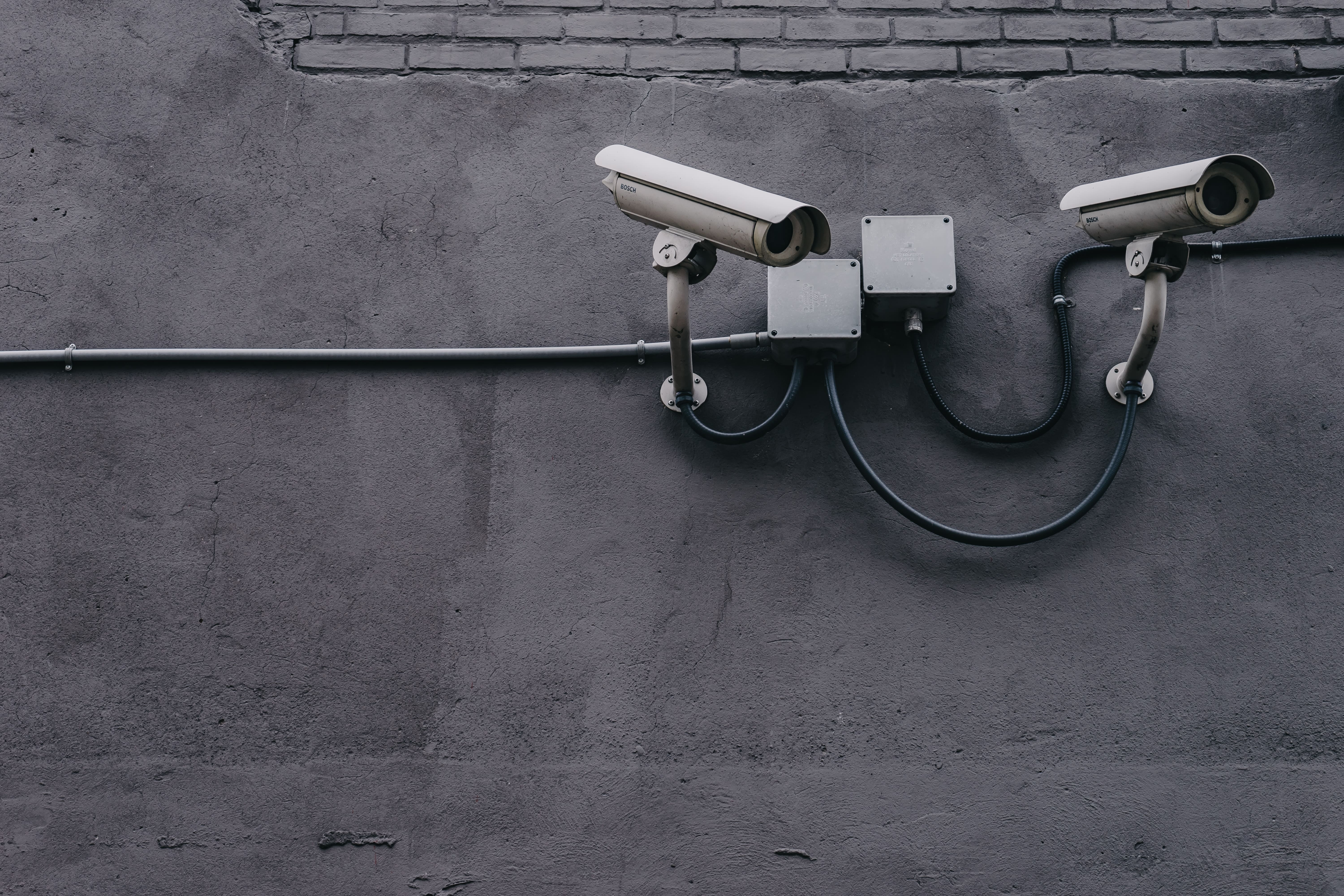
What are security controls in companies?

'%3e%3cpath%20d='M26.6667%2020.022L30%2023.3553V26.6886H21.6667V36.6886L20%2038.3553L18.3333%2036.6886V26.6886H10V23.3553L13.3333%2020.022V8.35531H11.6667V5.02197H28.3333V8.35531H26.6667V20.022Z'%20fill='%230AA971'/%3e%3c/g%3e%3c/svg%3e) Effective Security Controls: Preventing and Detecting Threats
Effective Security Controls: Preventing and Detecting Threats
Security controls protect against threats: preventive (firewalls, policies) stop, while detective (audit trails, scanners) uncover incidents.
Security controls are protective measures that companies implement to safeguard against potential threats. They can be of a physical or logical nature and are designed to detect, prevent, and respond to security incidents. Security controls are crucial because they help ensure the safety of an organization's assets and personnel.
There are two main types of security controls:
- Preventive controls, which aim to prevent incidents from occurring in the first place, and
- Detective controls, which aim to uncover incidents that have already occurred.
Preventive Controls
Preventive controls are proactive measures designed to thwart potential threats before they have a chance to materialize. The three primary types of preventive controls are administrative, technical, and physical controls.
- Administrative controls involve the implementation of policies and procedures that reduce the likelihood of an incident. For example, a company might establish a policy requiring employees to use secure passwords and change them regularly.
- Technical controls encompass the tools and systems used to protect a company's assets. For instance, a company might set up a firewall to prevent unauthorized access to its network.
- Physical controls pertain to the physical security measures taken to protect a company's premises and personnel. This may involve installing surveillance cameras or hiring security personnel.
Detective Controls
Detective controls are used to uncover incidents that have already occurred. The three main types of detective controls are audit trails, intrusion detection systems, and antivirus scanners.
- Audit trails record events occurring within an organization's system, allowing retrospective detection of malicious activities.
- Intrusion Detection Systems (IDS) monitor a network in real-time for unusual or suspicious activities. When something unusual is detected, an alert is generated, enabling appropriate actions to be taken.
- Antivirus scanners scan files for viruses, trojans, and other malware, detecting and removing any malicious software already installed on a system.
Security controls are important because they protect companies from potential threats. There are two main types of security controls: preventive and detective. Preventive controls aim to fend off threats before they occur, while detective controls focus on uncovering incidents after they have happened. Both types of security controls play a crucial role in safeguarding organizations from harm.


